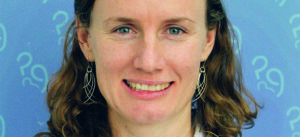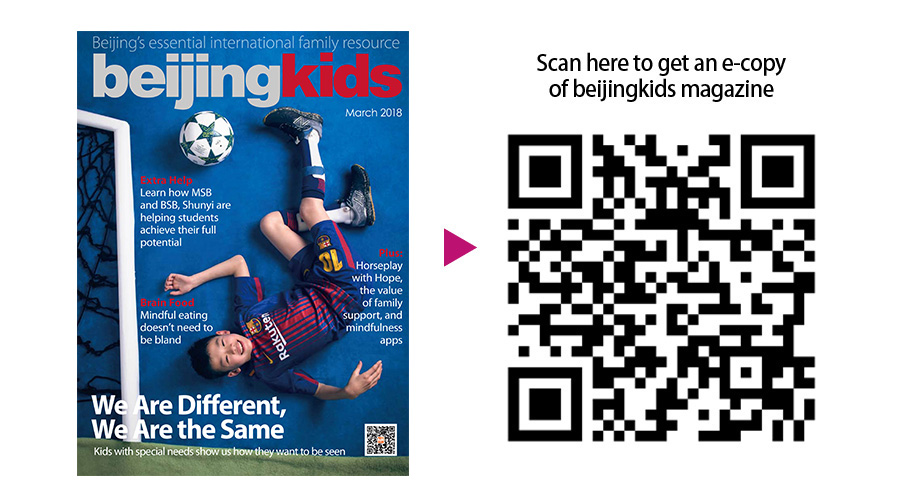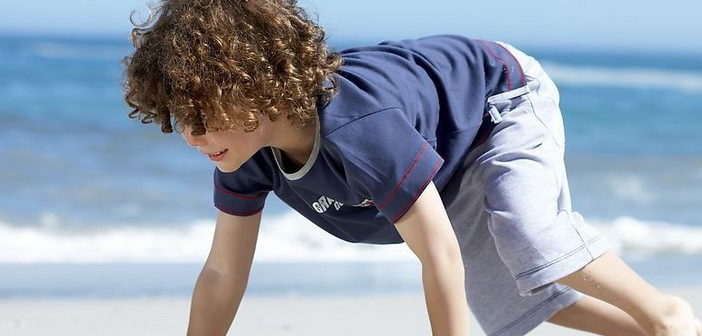The classic image of attention deficit hyperactivity disorder (ADHD) is a very energetic child who interrupts a lot, acts as if driven by a motor, fidgets, and squirms, has a messy room, acts impulsively, has trouble following rules, and often breaks or loses things. There is also a second type of ADHD without the hyperactive characteristic, suspected in a child who is quiet and often daydreams in class. It is interesting to note that many outstanding scientists and athletes have had ADHD including Albert Einstein and Michael Phelps. This shows that having ADHD may be an advantage if it is understood and these personality traits are made the best of.
One of the most important steps in managing ADHD is an accurate diagnosis. Children are known for their endless energy and the ability to become distracted, so depending on their age, this may be completely normal; however, if there are behavior problems both at school and at home that last for more than six months and cause difficulty with academic or social performance, ADHD may be the cause. To diagnose ADHD, there are behavioral checklists that are filled in by parents and teachers and it is essential to make sure the symptoms are not due to other health issues like thyroid problems or iron deficiency.
It can be very frustrating for parents and teachers and above all for children if ADHD is not recognized in time. The child may think that he is not as smart as other kids because he cannot finish his tasks as the others do. The benefit of knowing if someone has ADHD is that there are several healthy lifestyle and environment modifications that can be implemented to improve attention and daily performance.
Children with severe ADHD may need medication to help control the symptoms, yet this is never the first option because it may cause a decrease in sleep, appetite, and growth. Many parents find that in spite of taking medication the symptoms persist, this is why it is important to implement healthy habits that help prevent and minimize unwanted symptoms and optimize the positive traits of ADHD.
Nutrition
It is important to avoid foods with artificial sweeteners, preservatives, and colors as studies have shown that inattention and hyperactivity become worse after eating such foods; on the contrary, eating whole foods rich in minerals, vitamins, and Omega 3 fatty acids help promote optimal brain function. Organically grown food is an excellent choice when available as it tends to have more minerals and vitamins than non-organic food. Additionally taking a small amount of green tea or coffee before an exam or assignment may help the brain to focus.
Physical Activity and Sleep
A very important habit to help with inattention and hyperactivity is daily physical activity, more so if this is done in green spaces full of trees and grass. Studies have found that daily focusing activities such as taichi, meditation, or qigong also improve concentration and learning.
Children should also be encouraged to avoid spending too much time in front of electronic devices, as this will just make the ADHD worse and is often the cause of sleep deprivation. Numerous studies have found that adequate sleep is key to better attention and helps release our creativity and imagination. One great example of this is Albert Einstein who is reported to have slept ten hours every night and even take naps during the day.
Home Environment
Provide a safe, structured, organized environment where schedules, chore charts, and expectations are posted in visible places. Children’s rooms are usually full of many toys they do not use; it is good to remove these to keep the space simple and relaxing. Choose to listen to music that helps reduce stress and focus attention, yet when the child is performing a specific task, silence could be better.
Furthermore, the words you speak at home are key in promoting good behavior. Make sure you use every opportunity to tell your children when they behave well.

Need more info?
Dr. Dorothy Dexter is a family medicine physician at Beijing United Family Hospital. She has several years of clinical experience, and speaks English and Spanish. Contact her at dorothy.dexter@ufh.com.cn.

Photo: kmndnkyy.com
This article appeared on p22 of beijingkids March 2018 issue.



